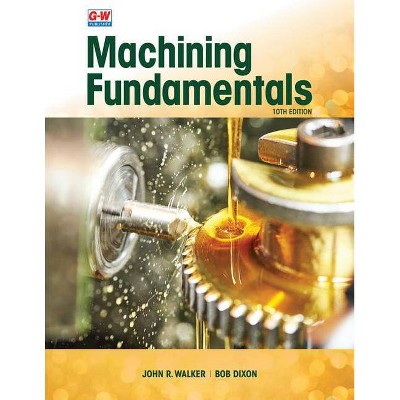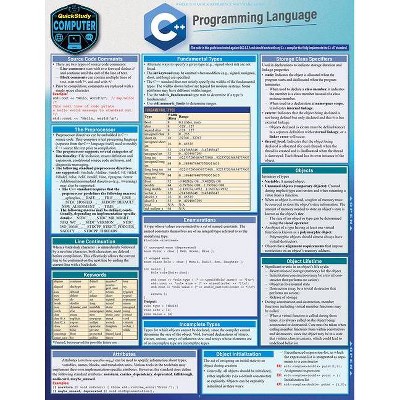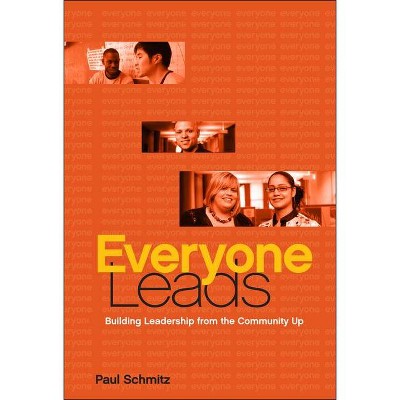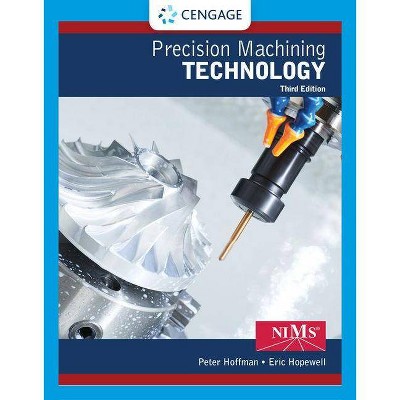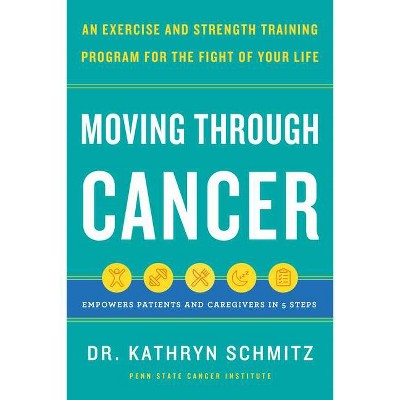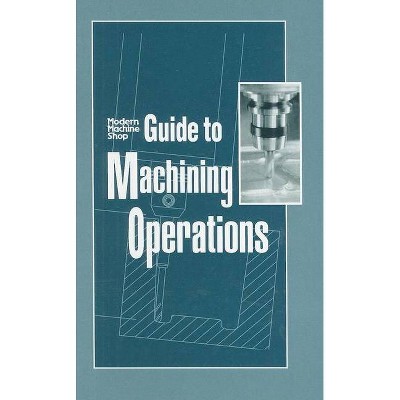Machining Dynamics - 2nd Edition by Tony L Schmitz & K Scott Smith (Hardcover)
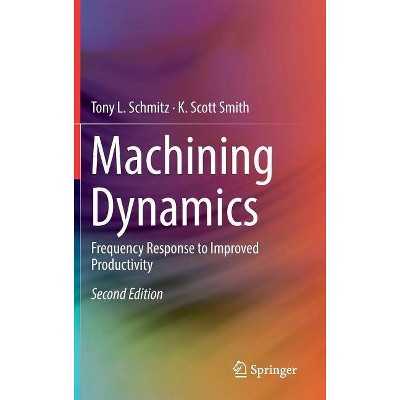
Similar Products
Products of same category from the store
AllProduct info
<p/><br></br><p><b> About the Book </b></p></br></br><p>This book will train engineers and students in the practical application of machining dynamics, with a particular focus on milling. It provides the necessary information in a manner that enables rapid implementation.</p><p/><br></br><p><b> Book Synopsis </b></p></br></br><p>"Machining dynamics: Frequency response to improved productivity" will train engineers and students in the practical application of machining dynamics, with a particular focus on milling. The book is arranged such that the steps required to improve machining productivity through chatter avoidance and reduced surface location error (forced vibrations resulting in part geometric errors) are clearly evident.</p> <p></p> <p>The following topics are covered in detail: modal analysis, including experimental methods, to obtain the tool point frequency response function; descriptions of turning and milling, including force modeling, time domain simulation, stability lobe diagram algorithms, and surface location error calculation for milling; and receptance coupling methods for tool point frequency response prediction, including beam theory. Numerical examples are included, as well as the MATLAB code used to develop the figures.</p> <p> </p><p/><br></br><p><b> From the Back Cover </b></p></br></br>This book trains engineers and students in the practical application of machining dynamics, with a particular focus on milling. The book walks readers through the steps required to improve machining productivity through chatter avoidance and reduced surface location error, and covers in detail topics such as modal analysis (including experimental methods) to obtain the tool point frequency response function, descriptions of turning and milling, force modeling, time domain simulation, stability lobe diagram algorithms, surface location error calculation for milling, beam theory, and more. <br>This new edition includes updates to the whole text, new exercises and problems, and a new chapter on machining tribology. It is a valuable resource for practicing manufacturing engineers and graduate students interested in learning how to improve machining productivity through consideration of the process dynamics.<p></p><p></p><p/><br></br><p><b> About the Author </b></p></br></br><p>Tony L. Schmitz is Professor of Mechanical Engineering and Engineering Science at The University of North Carolina at Charlotte.</p><p>K. Scott Smith is Professor and Department Chair of Mechanical Engineering and Engineering Science at The University of North Carolina at Charlotte.<br></p><br>
Price History
Price Archive shows prices from various stores, lets you see history and find the cheapest. There is no actual sale on the website. For all support, inquiry and suggestion messagescommunication@pricearchive.us
